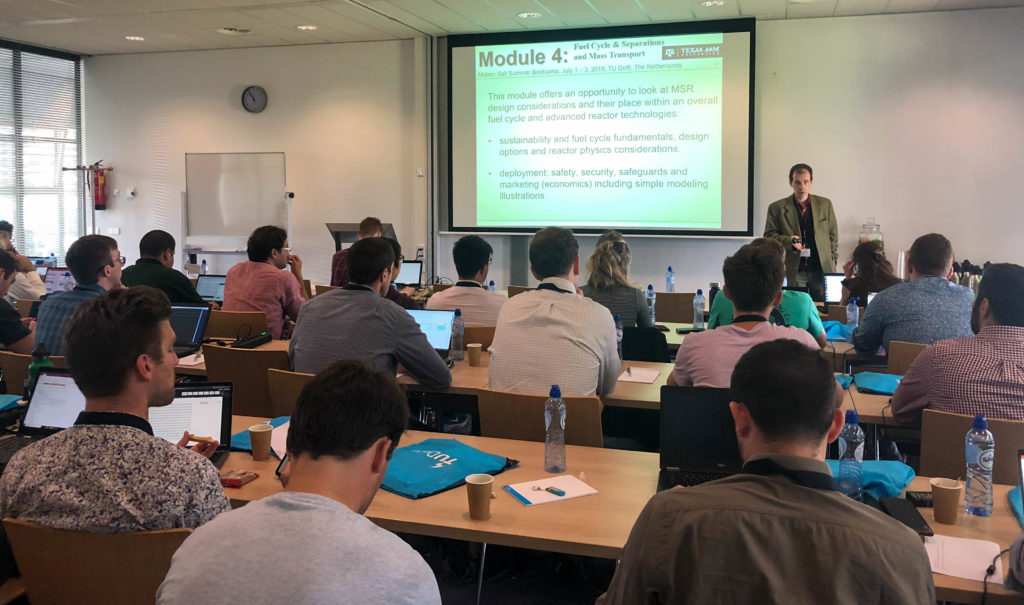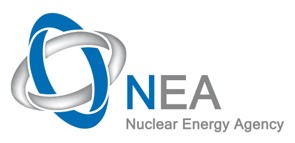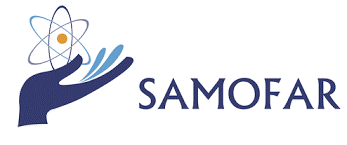If Molten Salt Reactors (MSRs) are a viable option for a nuclear future, the nuclear industry will need human capital and expertise. For example, the Department of Energy will need to hire or educate current personnel to be able to assess MSR technologies under development nationally and internationally. Private companies will need to expand their workforce in order to progress towards more advanced design stages. Regulatory bodies will need to acquire capabilities in order to evaluate MSRs licensing.
The educational mission of this project is to bring the molten-salt-reactor research experience of both the NuSTEM and SAMOFAR projects into educational tools of various nature. NuSTEM and SAMOFAR will partner with the Nuclear Education, Skills, and Technology Framework (NEST) initiative of the Nuclear Energy Agency (NEA) to coordinate joint educational activities. This includes the organization of a joint NuSTEM/SAMOFAR summer school, course curriculum development, and course modules on molten salt reactors.

In July of 2019, NuSTEM and SAMOFAR led the Molten Salt Summer Bootcamp in Delft, Netherlands. This event brought together participants from universities across Europe and North America to learn more about MSRs in a series of five hands-on modules. Each module included a practical exercise intended to teach the students and researchers a new skill that they could bring into their research.
NEST : Nuclear Education, Skills, and Technology Framework

The OECD Nuclear Energy Agency (NEA) launched the Nuclear Education, Skills and Technology (NEST) Framework in partnership with its member countries to help address important gaps in nuclear skills capacity building, knowledge transfer and technical innovation in an international context. . The NEST Framework is developed as a NEA joint undertaking gathering private and public organisations from interested countries (not-necessarily NEA member countries).
The goal of NEST is to
- energise advanced students to pursue careers in the nuclear field by proposing a multinational framework among interested countries to maintain and build skills capabilities;
- establish international links between universities, academia, research institutes and industry;
- attract scientists and technologists from other disciplines to examine nuclear technology issues and involving such actors in the resolution of real-world problems.
SAMOFAR: Safety Assessment of MOlten salt FAst Reactor

SAMOFAR was funded by EURATOM’s Horizon 2020 program with the following objectives:
- to prove the innovative safety concepts of the MSFR by advanced experimental and numerical techniques;
- to deliver a breakthrough in nuclear safety and optimal waste management; and
- to create a consortium of stakeholders to demonstrate the MSFR beyond SAMOFAR.

